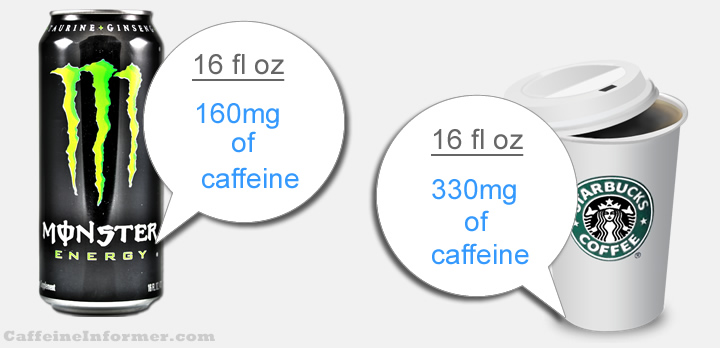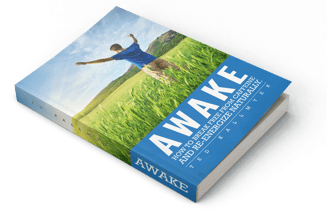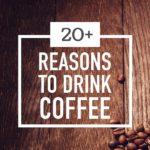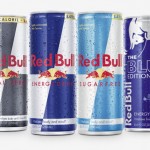The Coffee and Energy Drink Double Standard

Often energy drink fans complain that there is a huge double standard when it comes to energy drinks.
Coffee that is actually more caffeinated is praised.
Energy drinks are demonized.
Why is this and are there any reasons energy drinks should be treated differently than the “original energy drink” coffee?
A Perfect Example of This Phenomenon
Top Sail High School in North Carolina, USA opened a student run campus coffee shop, where students can get coffee before and after school.
This is a great way for students to learn about business, economics, making coffee, customer service, cooking etc. but could you imagine what would have happened if the students wanted to open an energy drink stand before or after school?
Energy drinks have been banned from most school campuses, yet in this case, coffee is viewed as perfectly acceptable for teens.
As our caffeine database shows, ounce per ounce coffee has more caffeine. For instance:
- A fluid ounce of typical filter coffee has 18mg of caffeine.
- A fluid ounce of a typical Rockstar or Monster has 10mg of caffeine.
- Take a look at Starbucks caffeine and you see a fluid ounce of their brew has 22.5mg of caffeine.
Are There Other Factors Besides Caffeine?
Unfortunately for energy drink fans, there are some legitimate reasons why coffee and energy drinks are not treated equally.
While coffee does have more caffeine than energy drinks, it’s how the caffeine is delivered that seems to be at issue.
- Energy drinks have very little long-term safety research behind them, while coffee has been used for centuries and has been extensively researched over the last 100 years.
- Energy drinks are more than just caffeine, but a combination of caffeine, amino acids, vitamins, and often herbs.
- Energy drinks are often high in sugar, while even sweetened coffee would contain less. A Monster Energy Drink has 54 grams of sugar, which is equal to 13.5 teaspoons!
- Coffee is an all natural beverage, while energy drinks are often laden with artificial preservatives, flavors, and dyes.
- Coffee is sipped, while energy drinks tend to be consumed quickly thus delivering their dose of caffeine quicker.
- Energy drinks are sweet and often fruit flavored, which appeals more to children and teens than does often bitter tasting coffee.
- Energy drinks have generated an ever growing list of overdose cases leading to hospitalization and even some deaths. Coffee, historically, has very few of these occurrences.
Therefore, energy drinks can’t really be viewed with the same lens as we would coffee, since essentially, they are two completely different beverages.
The Media Shouldn’t Sensationalize
We always have to remember that the media is driven by viewers/readership and to get this, they usually dramatize and sensationalize just about all news stories.
This is true with energy drinks as well. There are actually very few people that have or have had negative health consequences from drinking energy drinks, although, most media outlets would want us to believe it is a common occurrence.
We believe education is key when it comes to energy drink consumption. There is more benefit to teaching consumers how to drink energy drinks responsibly than there is demonizing them.
Often what we adults forbid and protest actually becomes even more appealing to the very ones we are trying to protect.
What do you think? Have energy drinks been judged unfairly?

Get Help Quitting Caffeine
Reduce your caffeine intake without pain and discomfort.
Download our FREE ebook




